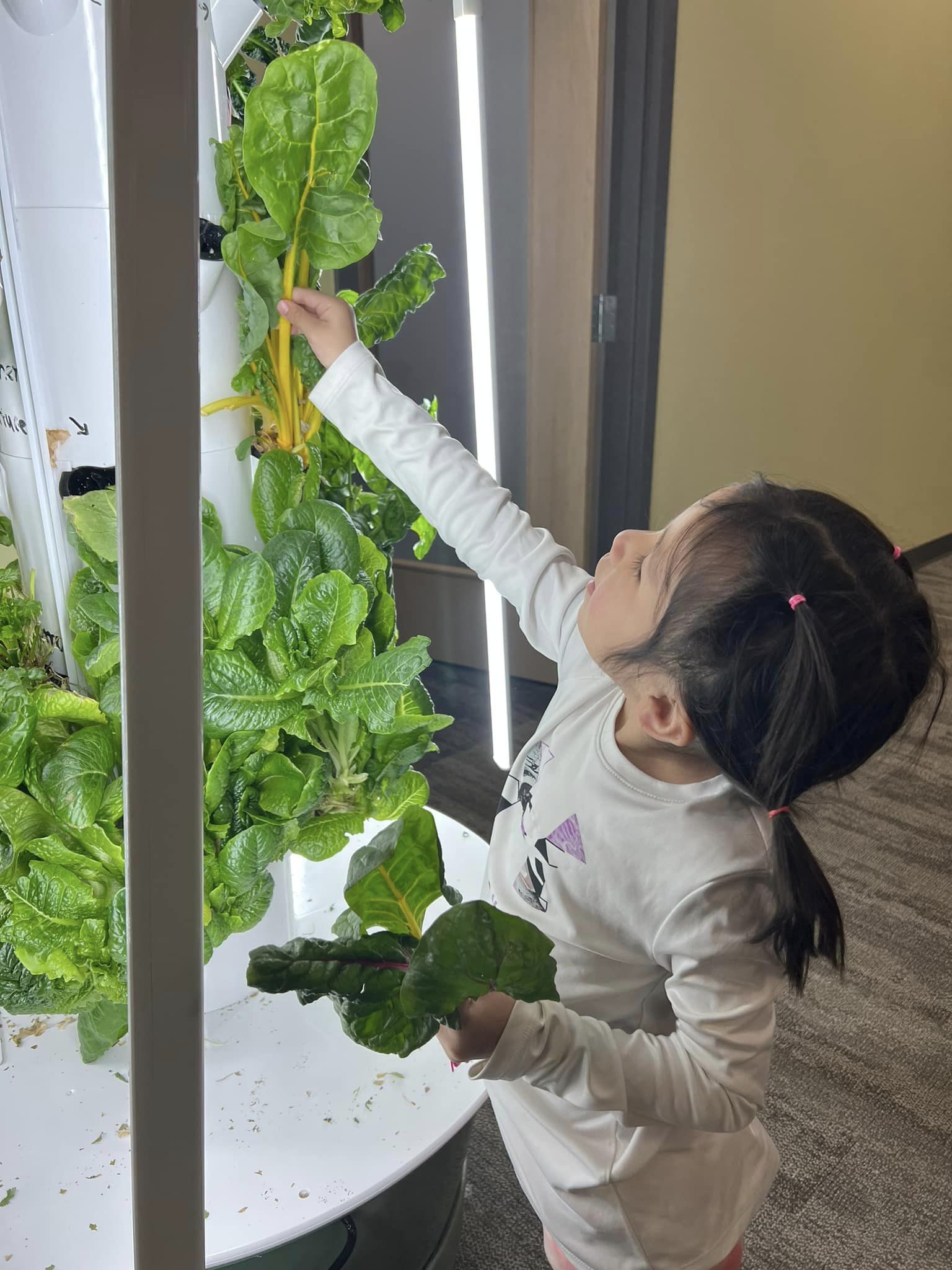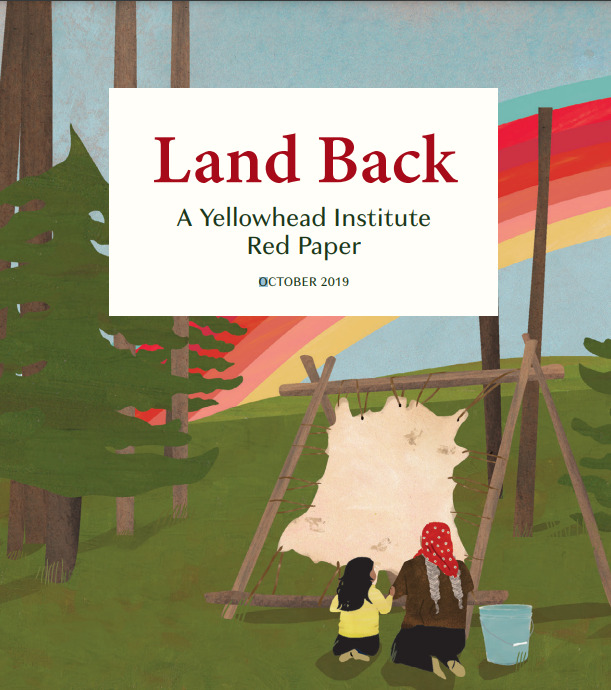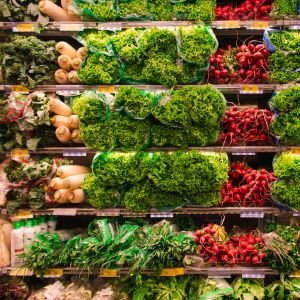Joint Statement Released April 23, 2020
Both locally and globally, the COVID-19 pandemic has demonstrated the lack of resilience in our food systems. We are especially concerned about the food security impacts of the pandemic, particularly for the more vulnerable members of our community. While dedicated to addressing immediate food needs in the City of Brandon we also believe it is critical that we support the longer-term policy changes needed to address the underlying challenges this crisis has exposed. Although we are all affected by the current pandemic, it has become clear that impacts are much more serious for low-wage earners and those with precarious employment, individuals and families living in poverty, and minority and racialized groups. Vulnerabilities in global food chains that threaten food supply shortages and higher food prices over the coming months will likely only widen the gap between those who can afford food and those struggling to meet basic needs. At the same time, the surrounding farming communities to which Brandon is closely connected may face additional challenges in the near future related to labour disruptions, changing market access, and health and safety.
It is vital that we continue working together across civil society, government, Indigenous groups, and the private sector to establish the foundations for a more resilient and equitable food system that can provide dignified access to healthy food for all while strengthening regional economies and livelihoods. While we need global systems for the trade of goods, like wheat, and other goods we can’t grow or process locally, there is also much more we could be doing within our City and the Westman region to enhance self-reliance and foster democratic engagement in food systems decision-making.
Over the next several years, the Brandon Food Council, in collaboration with community partners and the City of Brandon, is tasked with developing a Food Strategy for the City. The Food Council aims to act as a platform to connect and elevate the various food systems efforts already taking place in the City, with the Brandon Food Charter as its mandate. The ideas below are presented as starting points for thinking about how to enhance food security in the City now and post-pandemic, asking all sectors and citizens to join in these efforts. These ideas emerge from community conversations and discussions hosted by the Brandon Food Council and community partners.
We ask municipal government to:
- Continue to support logistics and infrastructure for food production in the City, such as garden boxes and community gardens, including ensuring these activities can continue in ways that follow public health measures;
- Advocate for local food systems infrastructure such as farmers’ markets, urban agriculture, and community gardens as essential services;
- Review municipal bylaws and adapt these to support local food production as much as possible;
- Support emergency service providers and food access while also pushing for longer-term equity and more integrated policy approaches (e.g. poverty alleviation, linking food, housing, and transportation needs).
We ask the business sector to:
- Buy from local and small businesses as much as possible;
- Develop relationships with local farmers and producers, especially those engaged in organic and ecological practices, to build strong regional distribution networks.
We ask service providers to:
- Continue working across sectors to ensure coordinated delivery of emergency supports including food;
- Continue to provide immediate services while also working towards longer-term social policy changes that support equity (e.g. poverty alleviation, right to food).
Signed by:
- Kristen Lowitt, Brandon University & Chair, Brandon Food Council
- Bryan Hendricks, Assiniboine Community College & Member, Brandon Food Council
- Kathryn Giesbrecht, Brandon Lions Club Vegetable Garden & Member, Brandon Food Council
- Nicholas Namespetra, Brandon University & Member, Brandon Food Council
- Ryan Whibbs, Assiniboine Community College & Member, Brandon Food Council
- Jan Chaboyer, City Councillor, and City of Brandon Poverty Committee Co-Chair
- Carly Gasparini, Executive Director, Brandon Neighbourhood Renewal Corporation
- Rob Moquin, Executive Director, Food Matters Manitoba
- Olivia Boyce, Food Matters Manitoba (Brandon Food Council)
Download the statement here..
Contact information:








